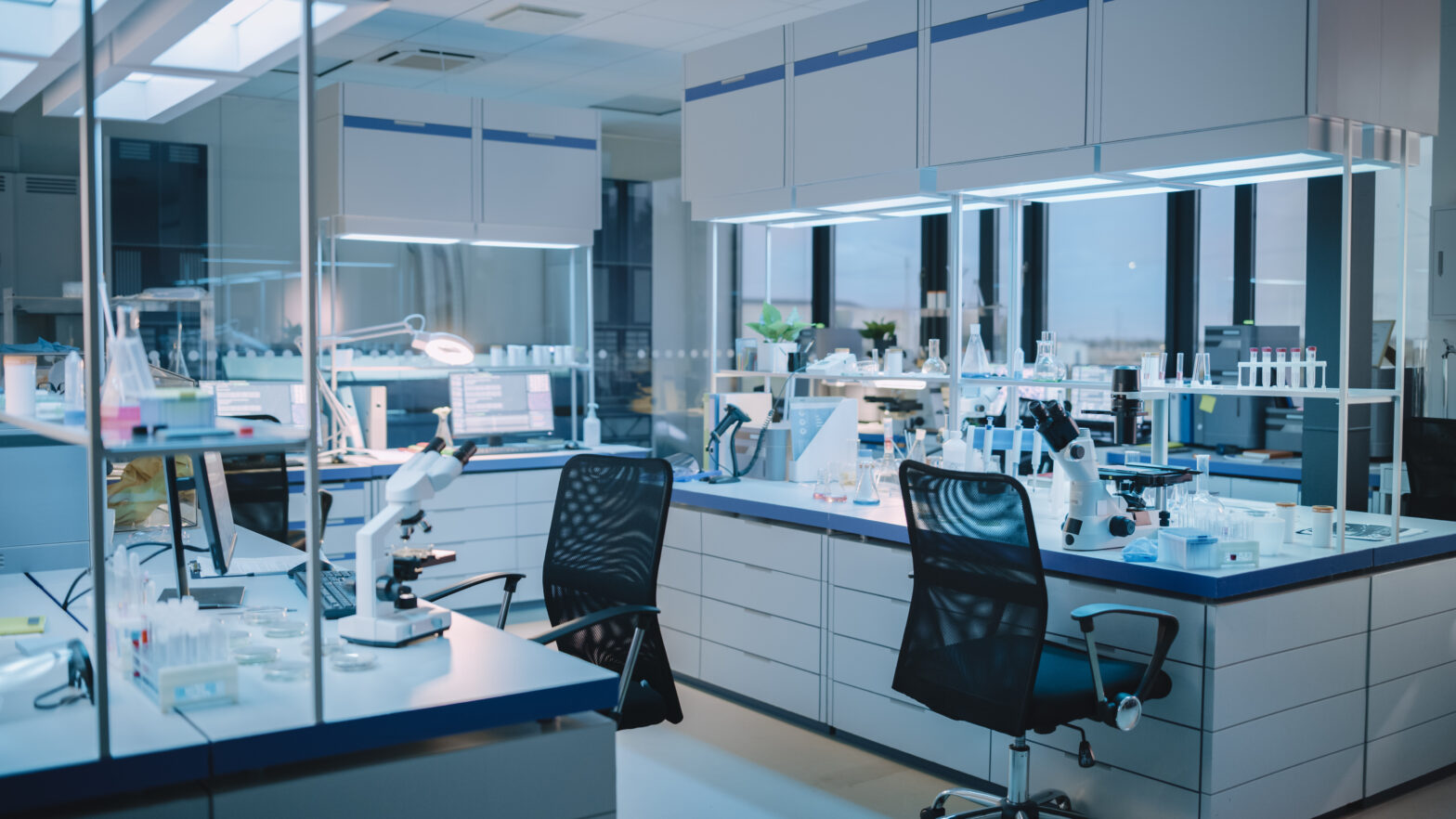Developed at the Microsoft Cambridge Research Lab, the InnerEye project will be used by Addenbrooke’s Hospital to develop AI models that utilise its data to automatically highlight tumours and healthy organs on patient scans.
The project looks to accelerate the treatment planning stage for CT scans by 90%. This stage has proved crucial for cancers of the head and neck that can grow quickly if untreated, meaning that survival rates can increase as a result.
With Cancer Research UK estimating that around 3 million UK residents have missed out on cancer screening tests, InnerEye could potentially reduce treatment backlog, as well as clinician burnout, which has increased during the Covid-19 pandemic.
This development is the result of an eight-year development process between Addenbrooke’s and Microsoft, and it is believed to mark the first time an NHS trust has introduced a deep learning solution trained on its own data.
Microsoft has ensured that hospitals can use the InnerEye Deep Learning Toolkit by making it freely available as open source software. Clinical use of machine learning models is subject to regulatory approval.
AI use cases in healthcare for Covid-19 and beyond
“AI models trained with InnerEye are changing the way cancer is treated, speeding up the process to give patients greater peace of mind and empowering clinical oncologists with an AI assistant,” said Javier Alvarez-Valle, principal research manager at Microsoft Research Cambridge.
“The AI works in the background, so clinical oncologists just open up the scans on their computer and they can see what their AI model has highlighted. The clinical oncologist then decides what to do with that information.
“AI models trained with InnerEye will be hosted in Microsoft’s Azure cloud, so all the data is securely held in the UK and only available to the medical staff who need to use it.”
Speeding up radiotherapy
It’s predicted that up to half of UK residents will be diagnosed with cancer at some point in their lives, and out of these, half will be treated using radiotherapy.
The contouring process involved in radiotherapy consists of qualified clinicians examining and marking up 2D images taken by a 3D CT (Computed Tomography) imaging scan.
For each image, clinicians manually draw a contour line around the tumours and healthy organs in the target area, using dedicated software.
Contouring can take several hours, but using InnerEye, the process can be made 13 times faster.
RPA and the rise of intelligent automation in healthcare
“There is no doubt that InnerEye is saving me time,” said Yvonne Rimmer, consultant clinical oncologist at Addenbrooke’s Hospital. “It’s very good at understanding where the prostate gland is and healthy organs surrounding it, such as the bladder.
“It’s speeding up the process so I can concentrate on looking at a patient’s diagnostic images and tailoring treatment to them.
“But it’s important for patients to know that the AI is helping me in my professional role; it’s not replacing me in the process. I doublecheck everything the AI does and can change it if I need to. The key thing is that most of the time, I don’t need to change anything.”
Health and Social Care Secretary, Matt Hancock, commented: “New innovations like this can make all the difference to patients and I am proud to see we are once again leading the way in new cancer treatments.
“Helping people receive treatment faster is incredibly important and will not only improve recovery rates but will save clinicians precious time so they can focus on caring for patients.
“Embracing new technologies will help save lives and is vital for the sustainability of the NHS, and our NHS Long Term Plan will continue to deliver the best possible care for patients so that we can offer faster, more personalised and effective cancer treatment for all.”










